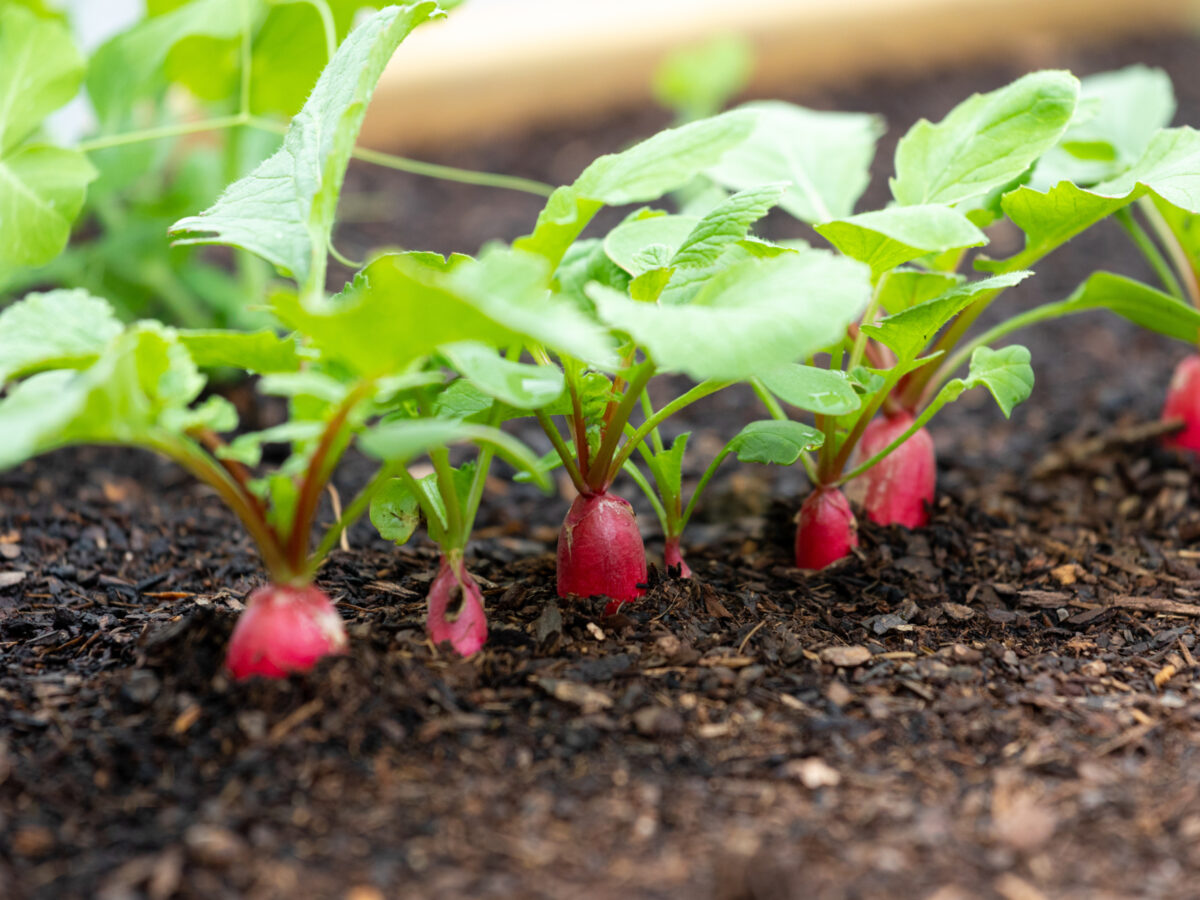Ants in the garden
If you suspect you have an ants nest in your garden, it can be easy to think you need to reach for the bug spray. But ants can bring benefits to your garden:
- They eat small insects pests
- They aerate the soil
- They consume some weed seeds
They also have a part to play in the recycling of plant and animal waste, both in the ground and in compost heaps.
Managing ants in the garden
If you’ve got ants in your garden that you really can’t tolerate, there are a few organic ways to keep them under control:
Predators
Encourage their natural predators, such as frogs. Creating a pond, even a small one, is a great way to bring frogs into the garden.
Water treatment
If you have a troublesome outdoor ant colony you can douse it thoroughly with cold water. Flood pot plants with water to wash out a nest.
Nematodes
Nematode treatments are watered directly onto the nest. They don’t kill the ants but they will cause them to relocate. This can be effective but make sure you apply them exactly as specified.
Barriers
Barriers are effective when an ant problem is localised. Use fruit tree grease or grease bands on free standing trees.
If ants are a problem in your greenhouse you can add grease, petroleum jelly or non-drying glue to individual pots or the legs of greenhouse staging.
Ants in your compost bin
Ants do no harm in the compost bin, in fact they will make an active contribution to the composting process.
Ants in the compost heap are often a useful indicator that the bin is too dry, so you may need to add more green material. Read our composting advice for information on how to get the perfect balance in your bin.
Photo credit: iStock_Antrey

Love our growing advice?
Get a direct link to our horticultural advice team, as well as members-only online resources with a Garden Organic membership.